- THE DIGITAL DEN
- Posts
- THE DIGITAL DEN #24
THE DIGITAL DEN #24
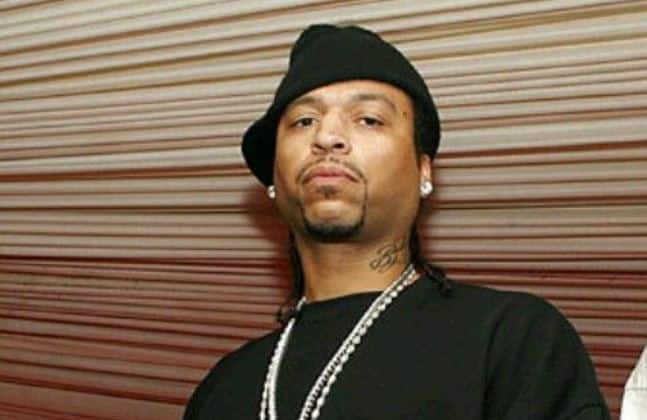
In a move that has sparked debate and divided opinions, Demetrius "Big Meech" Flenory has reportedly been released from federal prison, raising eyebrows about the justice system's leniency toward notorious figures. While some celebrate his return as a victory for second chances in a flawed system, others argue it sends a troubling message that crime pays—especially for those with wealth and influence.
Big Meech, famed for his leadership of the Black Mafia Family and glamorized in popular culture, embodies the controversy surrounding crime and celebrity in America. Critics question why a man who orchestrated a multi-million dollar drug empire deserves early release while countless others languish in jail for minor offenses.
As fans anticipate Big Meech's next move in the hip-hop landscape, the broader implications of his release prompt crucial conversations about accountability and the repercussions of glorifying criminality in today’s society.

In a scandal that’s shaking the adult entertainment industry, male OnlyFans star Gucci Third Leg faces serious accusations of transmitting herpes to multiple women. Danae Davis, a former TikTok collaborator who claims to have been just 19 at the time, alleges that GTL knowingly concealed his STD status, endangering numerous females in his orbit.
This isn’t just about one woman; with claims that GTL has bedded over 3,000 women, the ramifications of his alleged recklessness could be staggering, potentially exposing many interacting with industry notables like Adin Ross and Deshae Frost. In a world where sexual health is paramount, the hypocrisy is glaring—GTL’s provocative lifestyle comes at a potentially toxic cost.
Yet, he remains silent as the wave of speculation grows.
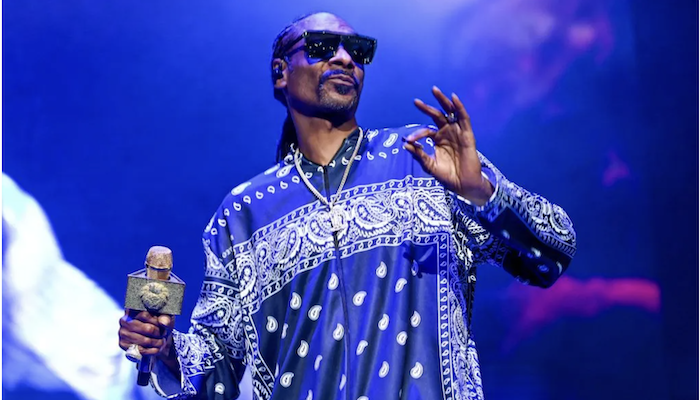
In a shocking turn of events, Snoop Dogg has successfully petitioned to seal the records of his infamous 1993 murder trial, effectively airbrushing a turbulent chapter of his past from history. This move raises serious questions about accountability and the transparency of our justice system.
Snoop, previously charged in connection to a shooting that coincided with his rise in fame, has conveniently erased the public’s access to vital legal documents. Critics argue that his celebrity status has afforded him privileges that regular citizens would never see.
What kind of precedent does this set for the rich and famous? Are we to believe that the music mogul can simply wipe away his history like one of his old tracks? While he claims to have changed, this action casts a shadow over his integrity and the very essence of justice. The world deserves to know the truth, not a sanitized version of reality.

KRS-One’s release of his second solo LP, ‘KRS-One’, was celebrated as a significant moment in Hip Hop history—29 years ago—but the narrative begs scrutiny. Critics can’t deny the commercial success of the album, peaking at #19 on Billboard.
However, this stylistic pivot towards a more mainstream sound raises uncomfortable questions: is he adapting, or is he capitulating to trends? While some applaud KRS for keeping his relevance, others point fingers at the fine line between evolution and sellout. This LP featured a parade of industry heavyweights and flashy production—yet true Hip Hop aficionados must consider if this marks a creative renaissance or a desperate ploy for validation among a younger crowd more interested in party anthems than philosophical depth.

/
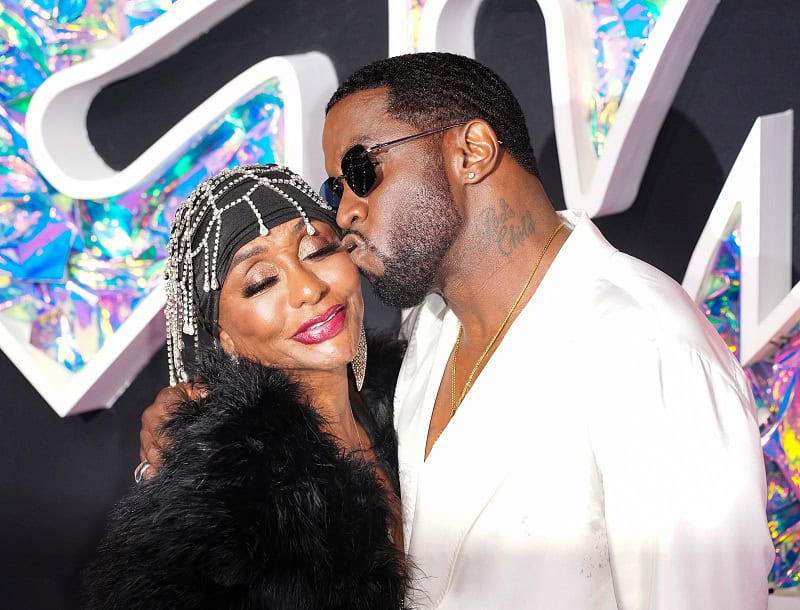
Diddy's recent visit from his mother and twin daughters at Brooklyn’s Metropolitan Detention Center has ignited a firestorm of controversy. His mother, Janice Combs, sensationally labeled her son's legal battles as a “public lynching,” dismissing the overwhelming evidence against him.
While she tries to paint Diddy as a victim before he even sees the inside of a courtroom, she acknowledges his past misbehavior, including lying about violence towards a former partner—a classic case of self-serving denial. Is it really fair to conflate legitimate charges with a fabricated narrative? The Combs family's attempt to salvage Diddy's reputation while overlooking his questionable history raises eyebrows and begs an uncomfortable question: Is this about justice, or merely a desperate effort to hold onto a once-flourishing legacy? Before claiming the moral high ground, perhaps the Combs family should confront the darker truths lurking in Diddy's past.
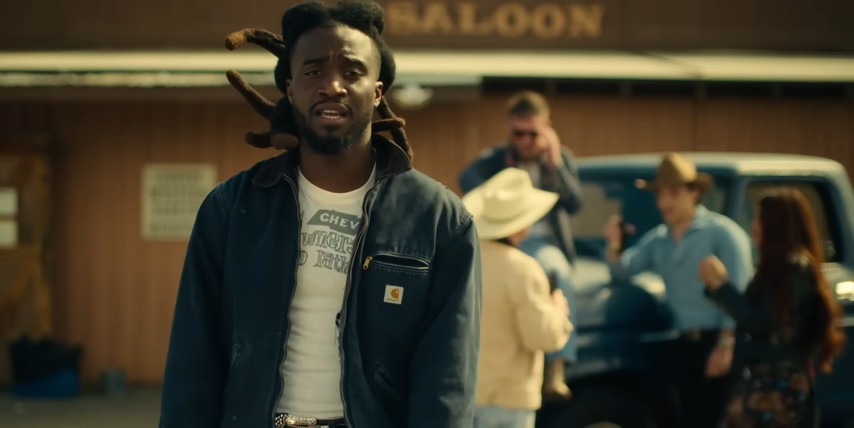
Shaboozey's "A Bar Song (Tipsy)" has taken the music world by storm, clenching the No. 1 spot on the Billboard Hot 100 for a staggering 14 weeks.
While fans rave about this "record-breaking" success, one has to wonder—are we really celebrating a song that glorifies drunken escapades? This catchy tune has managed to silence critics of substance glamorization, achieving milestones previously set by worthy predecessors like Lil Nas X's "Old Town Road.

The fallout from Diddy’s sordid saga just keeps spiraling, and now Jodeci's Devante Swing finds himself under the microscope for allegedly turning a blind eye during the gang-rape of a 16-year-old girl. Accusations suggest that Swing, who was supposedly a guardian for the victim, was merely “watching” as Diddy committed unspeakable acts.
The lawsuit claims Swing not only failed to intervene but also facilitated the victim’s travels, setting the stage for her exploitation. This isn’t just a case of one man being accused; it’s a damning indictment of the entire hip-hop elite that continues to protect its own at the expense of vulnerable victims.
With multi-million dollar settlements and legal battles looming, this whole saga begs the question: how many more will suffer in silence while the likes of Diddy and Swing bask in their decadent lifestyles? It’s high time the music industry faced the music.

Whitney Houston’s “The Concert for a New South Africa,” a long-awaited live album from her groundbreaking 1994 concert in Durban, is set to be released on November 8, a move that questions the motives of posthumous profits in the music industry. Critics argue that while the celebration of Houston's vocal prowess deserves recognition, it’s also painfully indicative of how corporate interests exploit her legacy to rake in cash.
Clive Davis gushes about “there will never be another Whitney Houston,” but can we separate genuine admiration from the cold reality of a music industry that commodifies iconography? The simultaneous release of a remastered concert film reeks of marketing opportunism, rather than an earnest tribute.
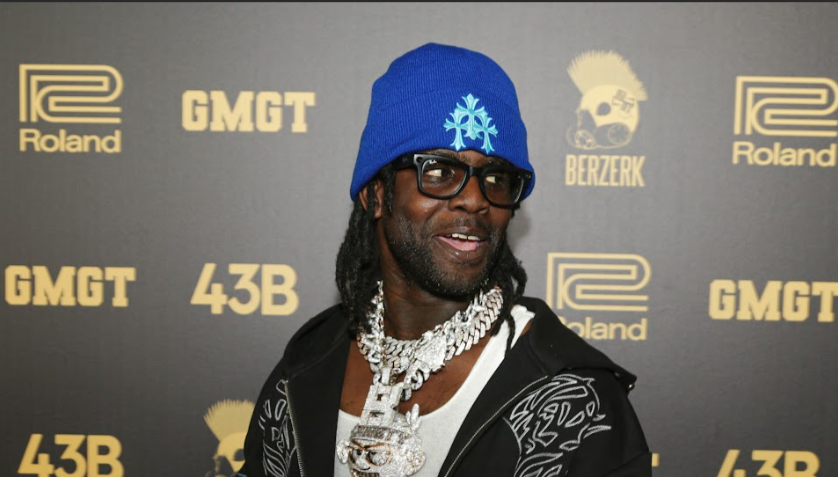
Kenya Barris, famed for his culturally resonant storytelling, and Cole Bennett, the avant-garde visionary of Lyrical Lemonade, are teaming up for a documentary that's bound to ruffle feathers. Spotlighting Chief Keef, the so-called "King of Drill Music," the film promises to expose the gritty truths behind Chicago's music scene and its vicious cycle of violence, political scapegoating, and social injustice.
While some will herald Keef as a revolutionary voice for the marginalized youth, others will undoubtedly critique how he and his genre have been demonized by politicians who prefer to cast blame rather than address systemic issues. This collaboration may elevate Keef's controversial legacy, but it also raises questions about the ethics of glorifying a figure who has been a polarizing force in both his community and the broader hip-hop landscape.
Will this documentary serve as a reckoning or just another sensationalized narrative? Only time will tell.
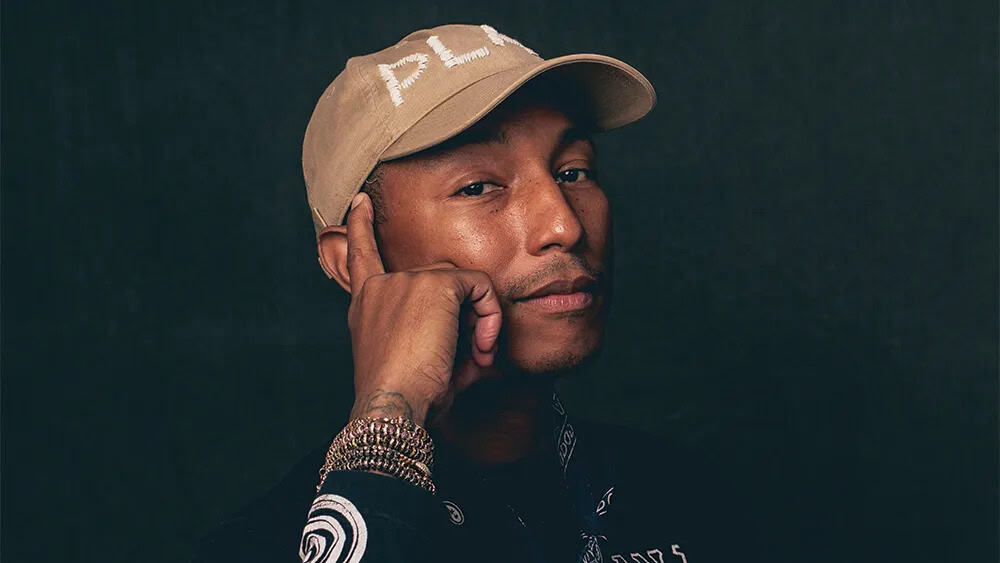
In a move that reeks of tokenism and pandering, the 2025 Met Gala has announced its co-chairs: Pharrell, A$AP Rocky, Colman Domingo, Lewis Hamilton, and fashion overlord Anna Wintour, with LeBron James serving as an honorary chair. While the Gala claims to celebrate Black fashion and culture with its theme, “Superfine: Tailoring Black Style,” inspired by Monica L.
Miller’s book, one can't help but question the authenticity behind this representation. Will it genuinely honor the legacy of Black style or simply serve as a PR stunt to mitigate past criticisms of elitism and exclusivity? The event still echoes the fashion establishment's disconnection from the very communities it now seeks to uplift, rendering this affair as more spectacle than substance.
As we gear up for this ostentatious soirée on May 5, 2025, let's brace ourselves for yet another display of wealth and fame masquerading as cultural appreciation.

GloRilla's debut album, "GLORIOUS," is a mixed bag that desperately tries to elevate her from the pool of basic female rap clichés. With a breakout hit like "F.
N.F.
," you’d expect her to stick to the formula, yet she attempts to add depth—though it's painfully hit-or-miss. While she’s clearly trying to bring personal narratives to her tracks, the album often falls flat, bogged down by generic beats and repetitive themes.
Sure, GloRilla showcases some intriguing concepts around self-worth and toxic relationships—topics other artists avoid—but let’s call it what it is: she's still navigating the superficiality of the hip-hop game. With moments of brilliance overshadowed by mediocrity, it’s clear GloRilla is still a work in progress.

Fat Joe's recent revelation about losing 200 pounds thanks to Ozempic has sparked a tidal wave of controversy. While the BX rap icon touts a combination of dietary adjustments and this diabetes medication, critics question the glorification of such quick-fix solutions.
Is using Ozempic a legitimate health strategy, or does it undermine the importance of sustainable lifestyle changes? Fat Joe claims cutting carbs and being "smarter" with food led to his transformation, but many argue that reducing weight through drugs sends the wrong message—promoting shortcuts instead of hard work.
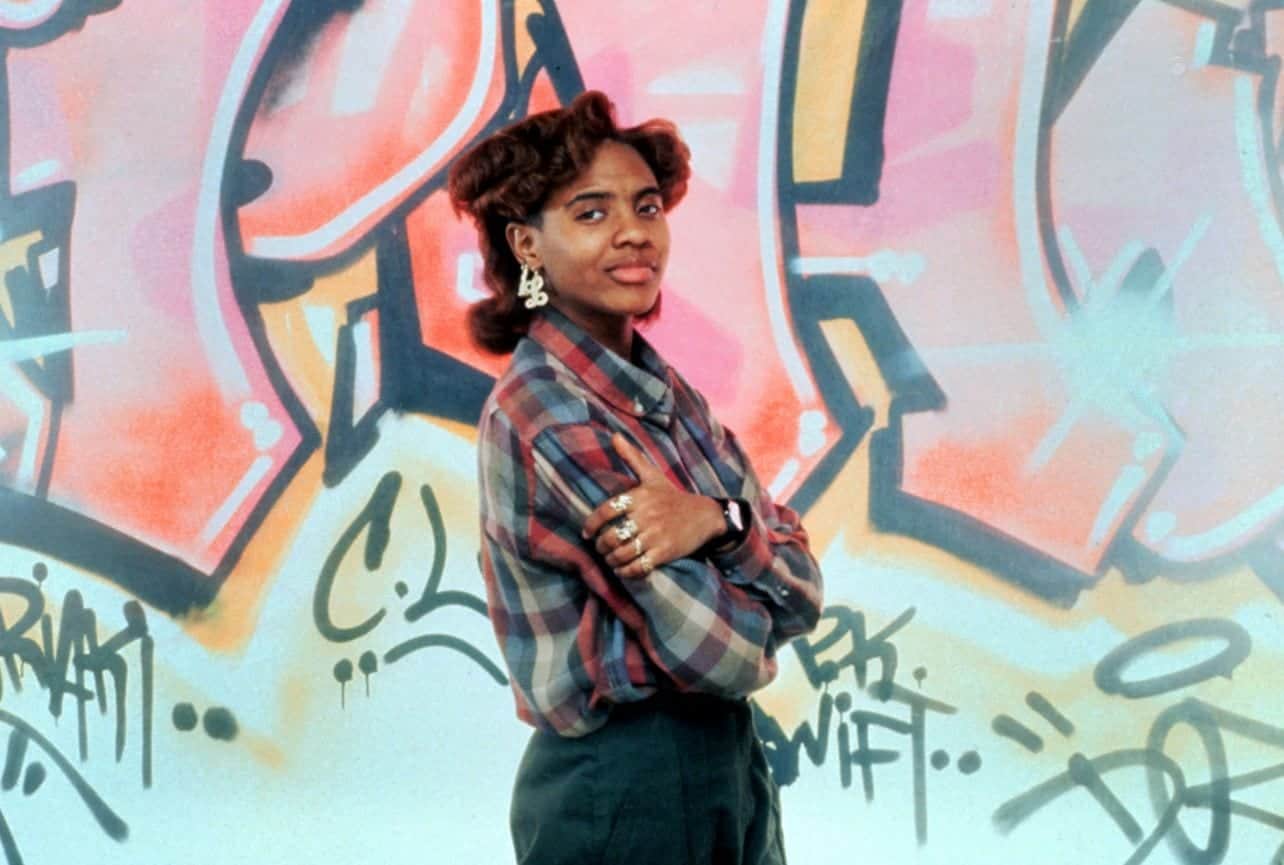
Happy 54th Birthday to MC Lyte, the so-called "Female GOAT" of hip hop—though let's be real, is this title really deserved? Since her '86 debut, she’s been lauded for breaking barriers and tackling feminism in a male-dominated genre. But while she may have lit the path for future female rappers, one question remains: was her impact as seismic as the narratives suggest? Sure, her debut, Lyte as a Rock, can be seen as revolutionary, but does it eclipse the contributions of other female artists who also fought for recognition? As she celebrates over three decades in the game, it’s time to recognize her influence, but let’s not blind ourselves to the complex evolution of women in hip hop.
Lyte deserves respect, but claiming her as the one and only GOAT ignores the multitude of voices that followed her lead.
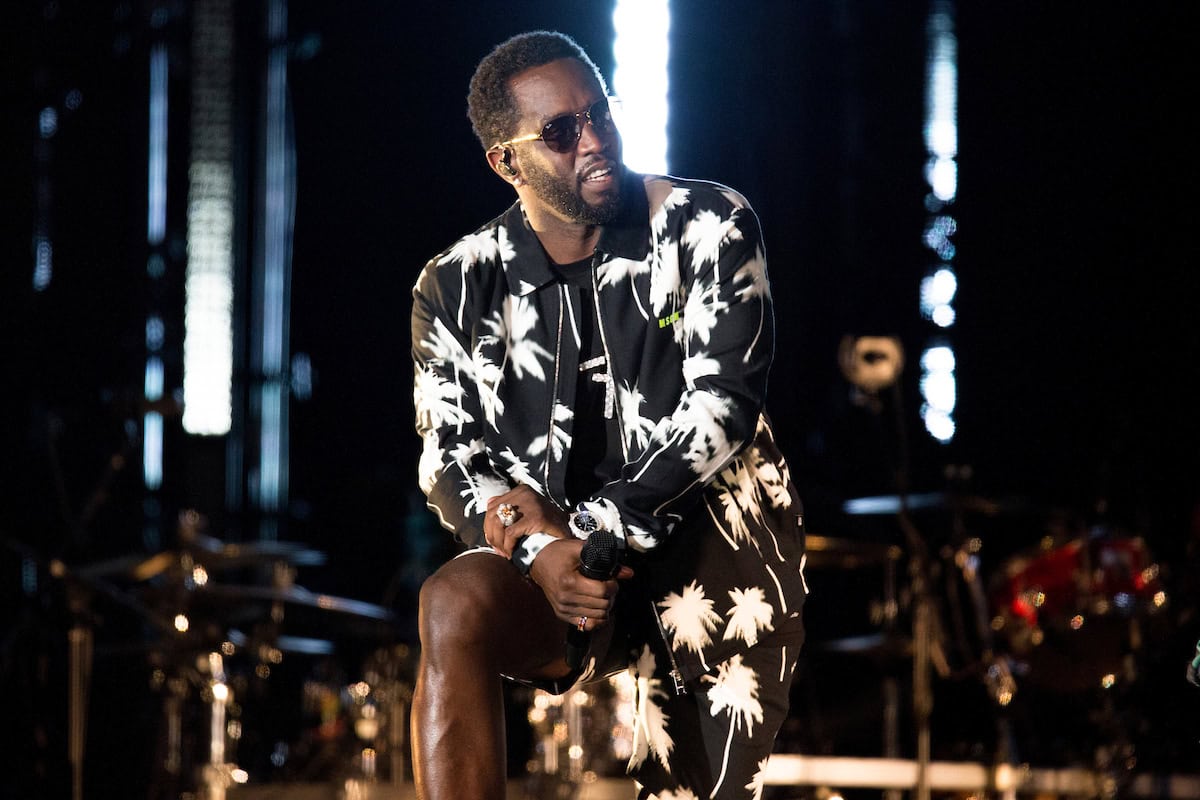
In a bizarre and disturbing accusation, a woman named Ashley Parham has come forward claiming that Sean "Diddy" Combs sexually assaulted her with a TV remote after she dared to suggest he might have been involved in Tupac's murder. According to her account, this encounter in a friend's home escalated into a nightmarish scene of violence, threats, and multiple rapes.
Diddy allegedly wielded a knife and attempted to silence her by offering money for a fabricated consent story, even calling his mother to aid in the cover-up. Parham alleges that after barely escaping, she reported the incident to law enforcement, only to be met with apparent indifference.
Whether or not Parham’s claims hold any truth, this shocking allegation raises a myriad of questions about Diddy's character and the lengths to which some individuals will go to silence dissent. The saga has reignited debates about power, accountability, and the often-overlooked voices of sexual assault survivors.
